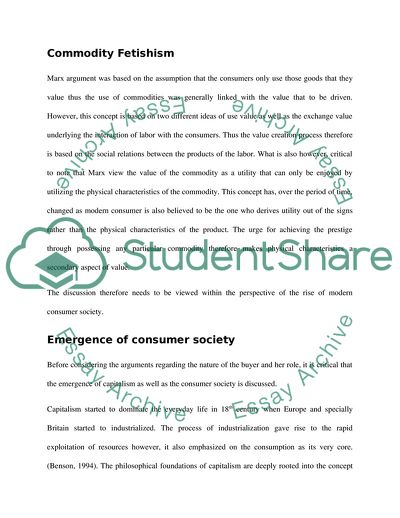Cite this document
(A Fundamental Philosophy of Capitalism Deeply Rooted in the Doctrine o Term Paper, n.d.)
A Fundamental Philosophy of Capitalism Deeply Rooted in the Doctrine o Term Paper. Retrieved from https://studentshare.org/macro-microeconomics/1732101-discuss-your-proposition-the-nature-of-the-buyer-is-something-which-needs-to-be-investigated-rather-than-presupposed
A Fundamental Philosophy of Capitalism Deeply Rooted in the Doctrine o Term Paper. Retrieved from https://studentshare.org/macro-microeconomics/1732101-discuss-your-proposition-the-nature-of-the-buyer-is-something-which-needs-to-be-investigated-rather-than-presupposed
(A Fundamental Philosophy of Capitalism Deeply Rooted in the Doctrine O Term Paper)
A Fundamental Philosophy of Capitalism Deeply Rooted in the Doctrine O Term Paper. https://studentshare.org/macro-microeconomics/1732101-discuss-your-proposition-the-nature-of-the-buyer-is-something-which-needs-to-be-investigated-rather-than-presupposed.
A Fundamental Philosophy of Capitalism Deeply Rooted in the Doctrine O Term Paper. https://studentshare.org/macro-microeconomics/1732101-discuss-your-proposition-the-nature-of-the-buyer-is-something-which-needs-to-be-investigated-rather-than-presupposed.
“A Fundamental Philosophy of Capitalism Deeply Rooted in the Doctrine O Term Paper”. https://studentshare.org/macro-microeconomics/1732101-discuss-your-proposition-the-nature-of-the-buyer-is-something-which-needs-to-be-investigated-rather-than-presupposed.


